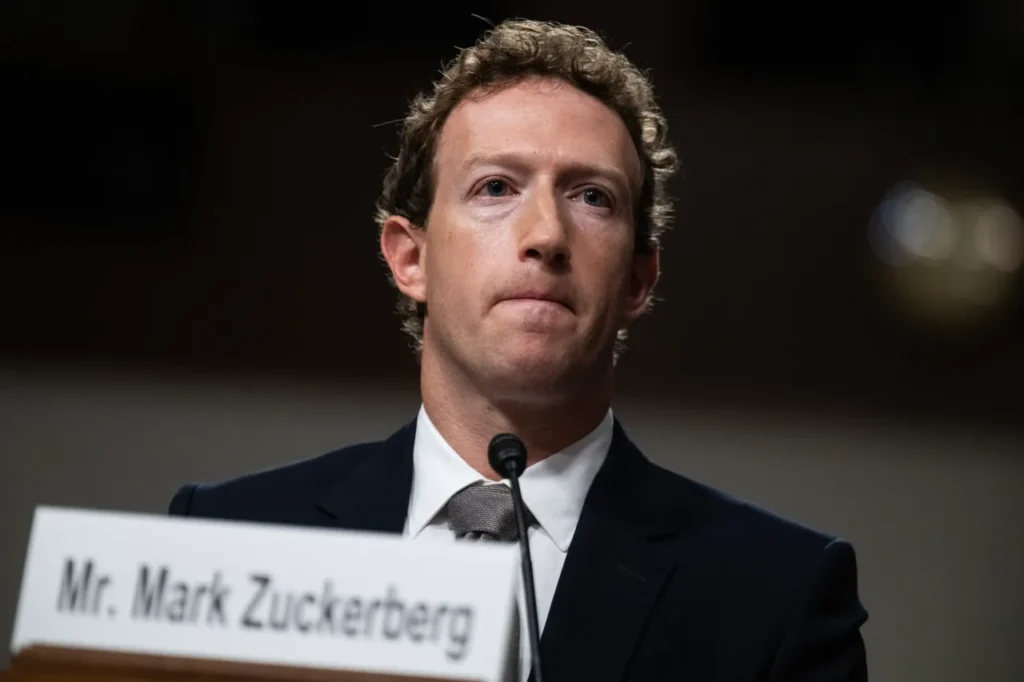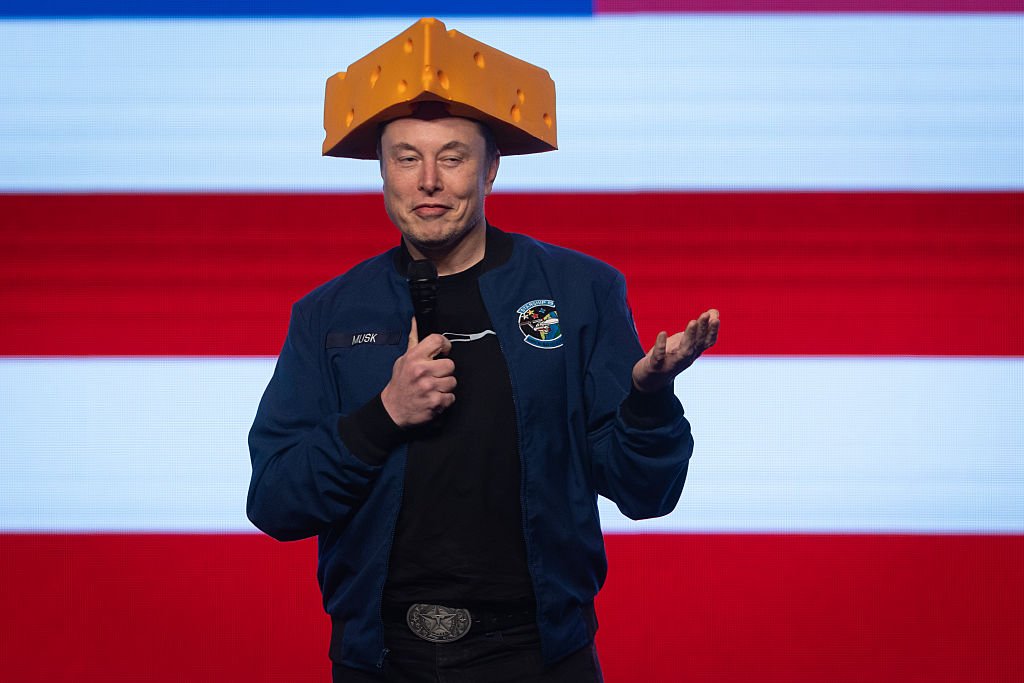In a surprising revelation that has sent shockwaves across the technology industry, Elon Musk reportedly reached out to Meta CEO Mark Zuckerberg to help finance a massive $97.4 billion bid to acquire OpenAI. The news surfaced through recent court filings as part of Musk’s ongoing legal dispute with OpenAI over its transformation from a nonprofit organization to a for-profit company.
The move highlights just how high the stakes have become in the battle for control of artificial intelligence, as two of the world’s most influential tech leaders find themselves intertwined in an unexpected way.
Musk’s Longstanding Concerns With OpenAI
Elon Musk was one of the co-founders of OpenAI when it was established in 2015 with the mission of ensuring that artificial intelligence would benefit all of humanity. Originally, the company was structured as a nonprofit, emphasizing research transparency and open collaboration.
However, in 2019, OpenAI announced a shift toward a “capped-profit” model. This allowed the organization to accept significant outside investments, including billions of dollars from Microsoft, while still claiming to limit profits to a set percentage. Musk strongly opposed this move, arguing that it betrayed the original purpose of OpenAI and concentrated too much power in the hands of private corporations.
By early 2025, Musk had filed a lawsuit against OpenAI and its CEO Sam Altman. He accused the company of abandoning its nonprofit mission, violating its founding principles, and potentially engaging in antitrust violations. For Musk, this legal battle is not just about organizational structure—it is about the future of artificial intelligence and whether it will remain an open resource or be dominated by a few powerful corporations.
The $97.4 Billion Takeover Attempt
In February 2025, Musk took his fight against OpenAI a step further. He initiated a $97.4 billion bid to acquire the company outright. The plan was ambitious: Musk wanted to gain control of OpenAI, dismantle its for-profit structure, and restore it to its nonprofit roots.
The takeover bid was reportedly backed by a group of investors, including media executive Ari Emanuel. To secure enough financial muscle, Musk sought additional support from other influential figures in the tech industry. One of the most surprising names on his outreach list was Mark Zuckerberg.
Why Musk Reached Out to Zuckerberg
The revelation that Musk asked Zuckerberg for help is striking because the two have been rivals for years. Their disagreements over artificial intelligence, space exploration, and even public feuds on social media have made headlines. Yet, Musk’s decision to approach Zuckerberg underscores the seriousness of his campaign against OpenAI.

Court documents revealed that Musk personally sought Zuckerberg’s involvement to finance the takeover. The idea was to pool resources and mount a credible bid strong enough to counter OpenAI’s current structure and investors. Despite their rivalry, Musk seemed to believe that Zuckerberg shared a mutual interest in reshaping the future of AI.
In the end, Zuckerberg declined to participate. Neither he nor Meta signed the letter of intent linked to Musk’s proposal. This rejection effectively left Musk without the additional backing he needed, weakening the takeover attempt before it could gain real momentum.
OpenAI’s Legal Response
After Musk’s bid failed, OpenAI responded with a countersuit. The company accused Musk of orchestrating a “sham bid” intended not to genuinely purchase the company, but to create uncertainty and disrupt its operations. OpenAI claimed that Musk was deliberately spreading misinformation about its mission and partnerships to damage its reputation.
As part of the countersuit, OpenAI issued a subpoena to Meta. The request sought documents and communications related to Musk’s outreach, hoping to uncover whether Zuckerberg or anyone at Meta had engaged in serious talks with Musk about supporting the takeover.
Meta quickly denied any involvement, insisting that Zuckerberg did not engage in meaningful discussions with Musk and had no role in the attempted acquisition. The company also objected to the subpoena, arguing that the requested documents were irrelevant and burdensome.
The Rivalry Between Musk and Zuckerberg
The fact that Musk reached out to Zuckerberg makes this story even more compelling because of their long and often public rivalry. The two billionaires have clashed over multiple issues:
- In 2016, a SpaceX rocket explosion destroyed a Facebook satellite, sparking tension.
- They have openly disagreed about the risks of artificial intelligence, with Musk warning of existential dangers while Zuckerberg has emphasized AI’s benefits.
- In 2023, the rivalry escalated when Musk launched xAI, a direct competitor to OpenAI, and Zuckerberg pushed Meta further into AI development.
- The feud even turned lighthearted at times, with both joking about a potential “cage fight” that never materialized.
Against this backdrop, Musk’s outreach to Zuckerberg seems almost paradoxical. It reflects how competition in the AI industry can push even the fiercest rivals to consider alliances when the stakes are high.
Why the Stakes Are So High
Artificial intelligence is no longer just another branch of technology. It is becoming the foundation for industries ranging from healthcare and finance to education and entertainment. The companies that control advanced AI models stand to influence not only the economy but also society at large.

OpenAI, through products like ChatGPT, has become one of the most powerful players in this arena. Its partnership with Microsoft has further strengthened its position, giving it access to massive cloud infrastructure and capital.
For Musk, allowing OpenAI to remain in this structure poses risks. He fears a scenario where advanced AI is monopolized by a small group of corporations, stifling innovation and potentially leading to dangerous concentrations of power. By attempting to take over OpenAI, Musk hoped to counter this trend and reshape the trajectory of AI development.
The Broader Implications for the Tech Industry
This legal battle and failed takeover attempt have broader implications for the entire technology industry.
- Antitrust Concerns: The situation highlights growing fears that a handful of companies may dominate AI in ways similar to how Google, Amazon, and Facebook have dominated search, e-commerce, and social media. Regulators may face increasing pressure to intervene.
- Corporate Rivalries: The story underscores how competition in AI is blurring traditional rivalries. Even bitter opponents like Musk and Zuckerberg are being forced to reconsider alliances.
- Future of Nonprofits in Tech: OpenAI’s shift from a nonprofit to a for-profit structure raises questions about whether truly nonprofit models can survive in industries that require massive capital investments.
- Public Perception of AI: Legal battles and billion-dollar takeover bids also shape how the public perceives AI. What was once a futuristic technology is now at the center of boardroom battles and courtroom dramas.
What Happens Next
As Musk’s lawsuit against OpenAI proceeds, both sides are preparing for a lengthy and high-stakes legal confrontation. If Musk prevails, it could force OpenAI to reconsider its structure and partnerships. If OpenAI wins, it would strengthen its position as one of the leading AI companies in the world, backed by Microsoft and other investors.
For Zuckerberg and Meta, the incident shows how central AI has become to every major tech company’s future. While Zuckerberg refused Musk’s request this time, Meta continues to invest heavily in AI as part of its broader strategy to dominate digital platforms and the metaverse.
The outcome of this saga could reshape not only the AI industry but also the balance of power among tech giants.
Conclusion
Elon Musk’s attempt to involve Mark Zuckerberg in a $97.4 billion bid to acquire OpenAI reveals the extraordinary lengths to which tech leaders are willing to go in the fight for control of artificial intelligence. While Zuckerberg declined to join forces, the episode sheds light on the intense rivalries, strategic maneuvering, and enormous stakes driving the AI revolution.
As legal battles continue and companies race to build more powerful AI systems, one thing is clear: the struggle over who controls the future of artificial intelligence is far from over.
Do Follow USA Glory On Instagram
Read Next – Tesla Cybertruck Cyberbeast Price Increase: What You Need to Know






